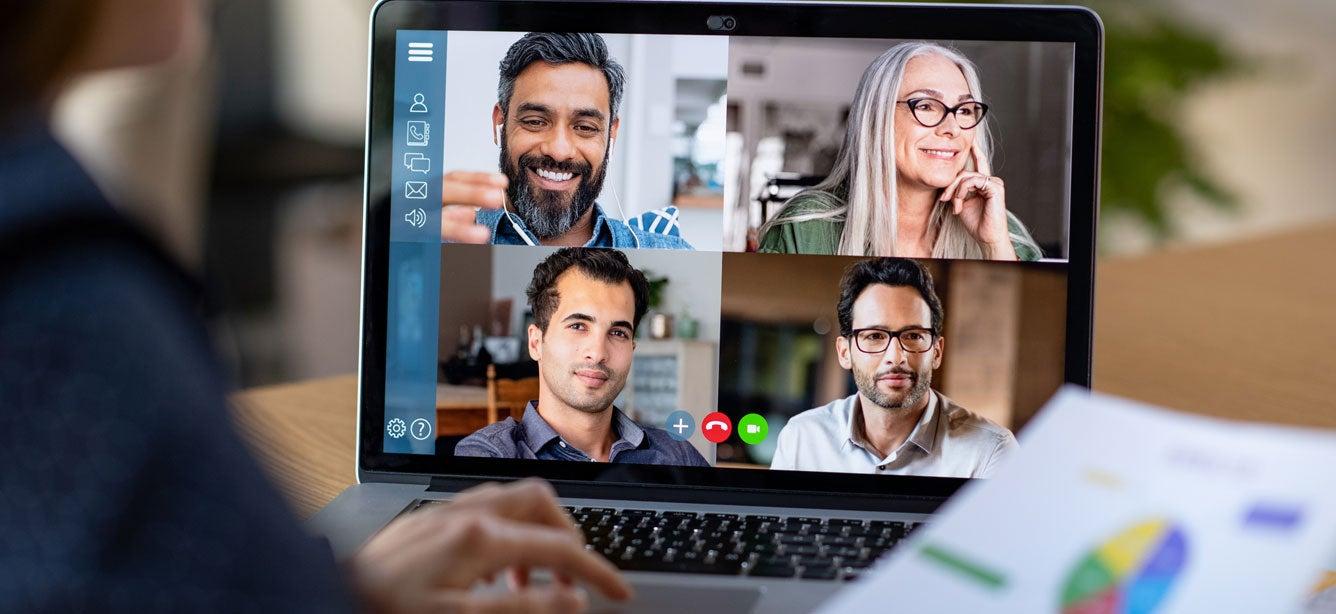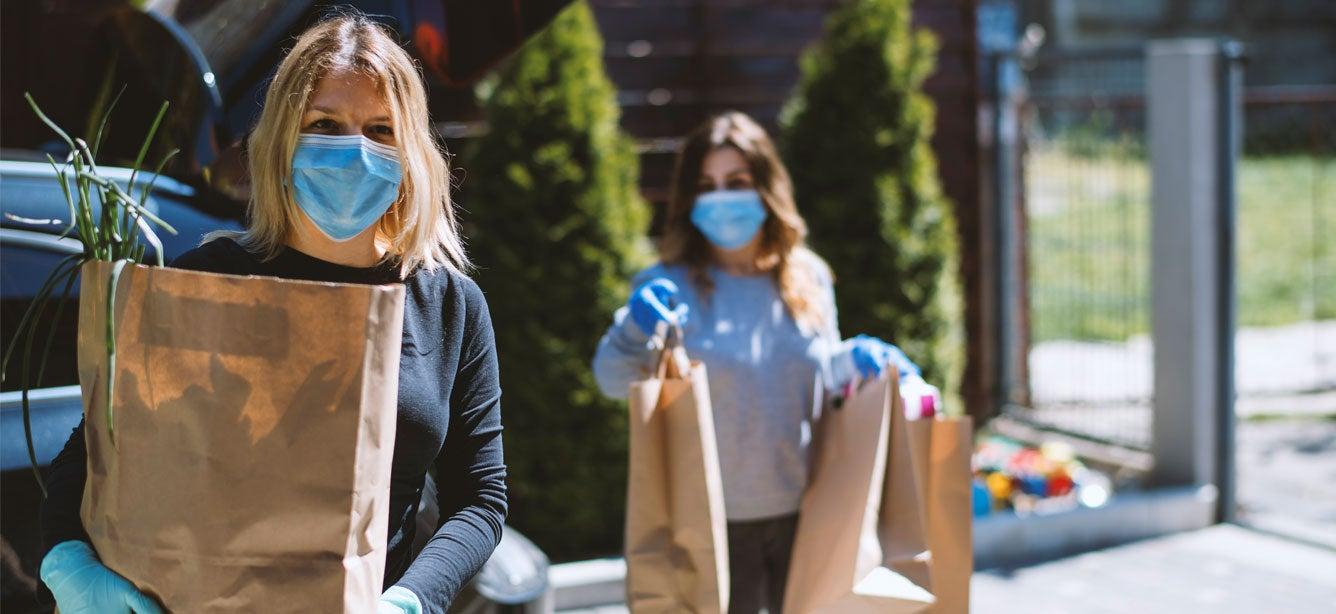
Related Topics
The COVID-19 outbreak is affecting different states in different ways. Judith Bendersky, the Field Supervisor at the Washington State Office of the Insurance Commissioner, answered questions about what she and her staff have experienced over the past two months serving some of the first communities to struggle with coronavirus infections.
How has the COVID-19 outbreak impacted the way you serve Washington residents?
Our Statewide Health Insurance Benefits Advisors (SHIBA) program is operating very differently today than two months ago. In the most impacted counties, King County (Seattle) and Snohomish County, our counselors responded promptly to partner agency closures by quickly transitioning to phone counseling only. The rest of the state has stopped all face-to-face Medicare counseling and education sessions, and instead, we’re doing individual phone calls and email to help consumers.
What were some of the biggest transitions?
The nature of our counseling sessions changed. First, we had to immediately find some resources to help people transition away from the face-to-face Medicare counseling sessions to phone based counseling sessions. Typically, these sessions are very complicated, since they usually involve explaining the many decision points around enrolling into Medicare and then the choice between Original Medicare vs. Medicare Advantage. Secondly, our staff and volunteers needed to learn to connect to clients and gauge comprehension over the phone. Doing person-centered counseling without a handshake, a cup of water, or coffee is a big change and requires significant re-tooling and adjustment
How have you changed your operations to support your staff and volunteers in the field?
Our staff is staying in close contact with our volunteer coordinators, more so than normal. We want to ensure our coordinators feel supported because they are key to keeping up overall team morale. We are also continuing to support our staff and volunteers through monthly online continuing education gatherings.
Additionally, we’ve ramped up staffing capacity to direct and take more calls from our state 1-800 number. We are also working together with our staff more closely to ensure that teleworking does not diminish our ability to quickly handle calls or complaints.
What are some of the unique challenges posed by a largely volunteer workforce during the COVID-19 emergency?
Some of our sites are doing fine and keeping busy with calls because the volunteer advisors were already working at home and using their own laptops and phones to respond to clients. But in some places, our volunteer advisors, along with the people they serve, cannot work at home due to lack of adequate WiFi or strong cell coverage/service, or lack of updated computers, or laptops. Other volunteers are not interested in working from home via the phone as they want their volunteer work to provide an opportunity to socialize in-person with others.
Thank you to the Washington state SHIBA team for all the work they’re doing. We encourage you to use the insights Judith shared in her work to support older adults.



